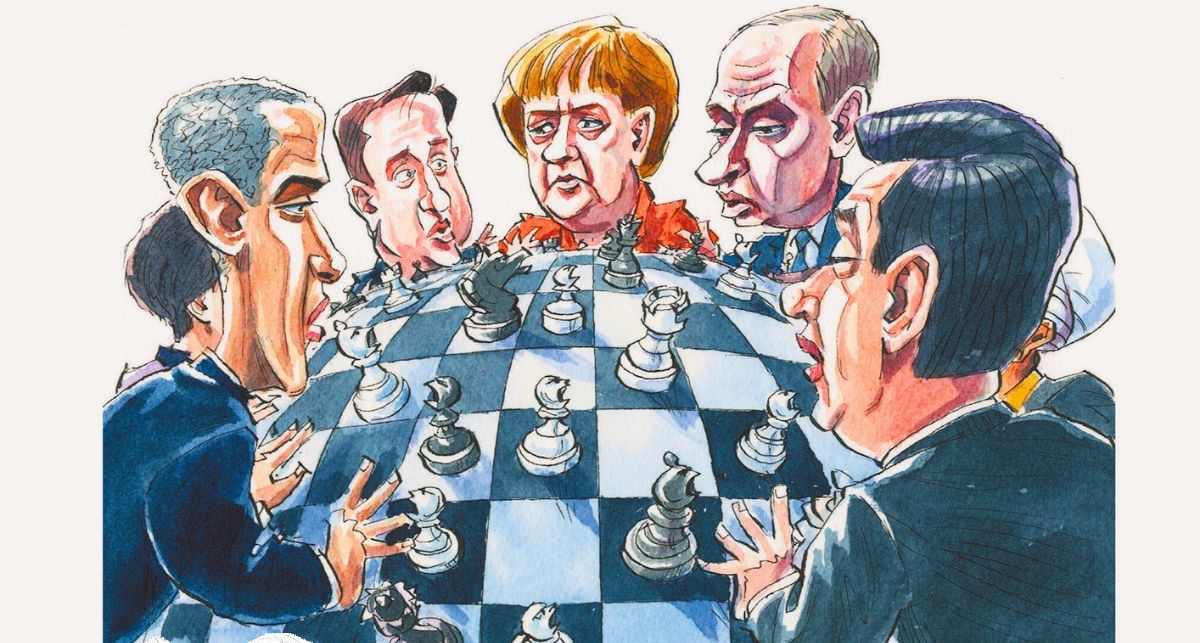Chess and politics are two domains that may seem vastly different, but there are several similarities between them.
In this article, we will explore the similarities and differences between these two fields and examine the reasons why chess is often compared to politics.
The Strategic Nature of Chess and Politics
One of the primary reasons why chess and politics are compared is their strategic nature.
Both require an understanding of the playing field, anticipating and countering opponents’ moves, and constantly adjusting one’s own approach.
In chess, players must consider the position of each piece on the board, potential moves, and the overall objective of the game.
Similarly, in politics, players must consider the political landscape, potential challenges and opportunities, and the ultimate goal of achieving political success.
The Importance of Timing and Sequencing
In both chess and politics, timing and sequencing are critical.
In chess, players must choose the right time to move their pieces, considering the position of other pieces on the board and anticipating the opponent’s potential response.
In politics, timing and sequencing are equally crucial, as political moves must be carefully timed to capitalize on opportunities and avoid potential setbacks.
For instance, a political leader must know the right time to announce their candidacy, introduce new policies, or negotiate with their opponents.
The Role of Strategy and Tactics
Chess and politics both require a strong grasp of strategy and tactics.
In chess, players use tactics to achieve their strategic objectives, such as attacking an opponent’s pieces or controlling the center of the board.
Similarly, in politics, tactics are used to achieve strategic goals, such as winning over undecided voters, mobilizing supporters, or discrediting opponents.
Effective strategy and tactics in both domains require creativity, adaptability, and the ability to think several moves ahead.
The Differences between Chess and Politics
While there are several similarities between chess and politics, there are also significant differences.
For one, the objectives of the two fields are distinct: the objective of chess is to checkmate the opponent’s king, while the objective of politics is to achieve political power or influence.
Additionally, the rules of the game are very different.
Chess is a structured game with a fixed set of rules, while politics is a complex and constantly evolving domain with numerous variables and uncertainties.
What We Can Learn from the Comparison?
While chess and politics may seem like an unlikely pairing, there are several lessons that we can learn from the comparison.
Firstly, the strategic and tactical skills developed through playing chess can be useful in the political realm.
Secondly, studying political history and strategy can offer insights into how to play chess more effectively.
Finally, the comparison highlights the importance of critical thinking, creativity, and adaptability in both domains.
By understanding the similarities and differences between chess and politics, we can appreciate the strategic and tactical complexities of both domains and learn how to apply lessons from one to the other.
